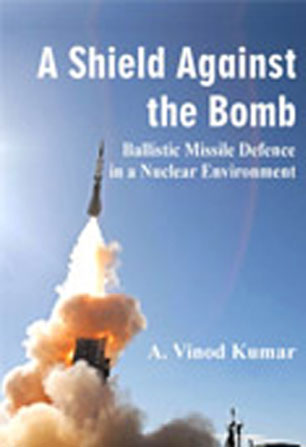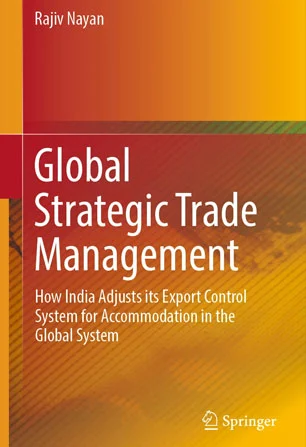Obama as Tech president: Leading the Way
Among the many monikers that Barack Obama has collected as he enters office is that of being the first "Tech President". In the days since his victory, Obama has already brought technology into his Presidency in a big way, starting with the launch of an online site, change.gov, where people could apply for jobs in his Administration and give suggestions on the agenda of his Administration. Other changes include the transformation of the traditional weekly radio address to a video address which can be viewed over video site Youtube, and a complete re-design of the White House website.
- Cherian Samuel
- January 23, 2009








